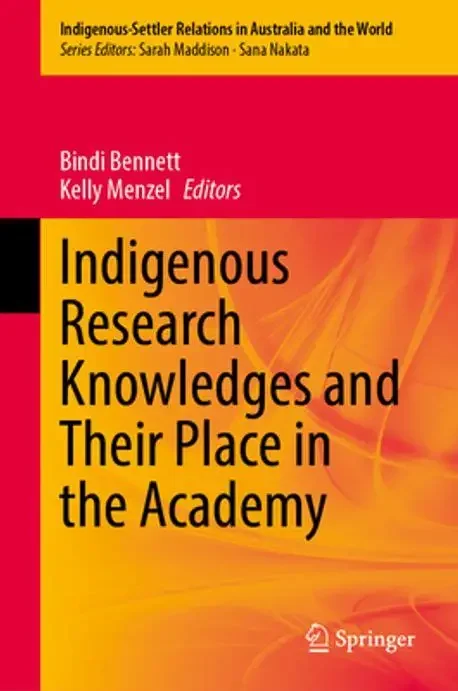
Enhancing Equity in Clinical Social Work Education
The takeaway is clear: Indigenous QGD voices are not just underrepresented, they are critical knowledge-holders whose contributions enrich the future of social work education.

Indigenous Research Knowledges and Their Place in the Academy
In this chapter, I introduce Duwalami Gung, an Indigenous-informed methodology that centres relationality, cultural grounding, and story as core to both research and practice. Duwalami Gung (loosely translated as “Freshwater Meeting-place”) is a way of working that honours connection to Country, kinship systems, and the wisdom of community, while also offering a framework for navigating complex research spaces.
The chapter explores how Indigenous knowledge systems can sit alongside, and often in tension with, Western academic traditions. I share how Duwalami Gung creates a space for cultural integrity, accountability, and care, positioning research not as extraction, but as an act of reciprocity and belonging.
Ultimately, this contribution reflects my commitment to methodologies that are decolonial, relational, and trauma-informed- approaches that hold people, stories, and Country at the centre.

Impostor syndrome is a colonial, patriarchal construct:
Do you ever compare yourself to others? Never quite feel good enough? Harbour a deep-seated fear of failure? Convinced of your own mediocrity?
If so, you may believe you’re suffering from impostor syndrome!